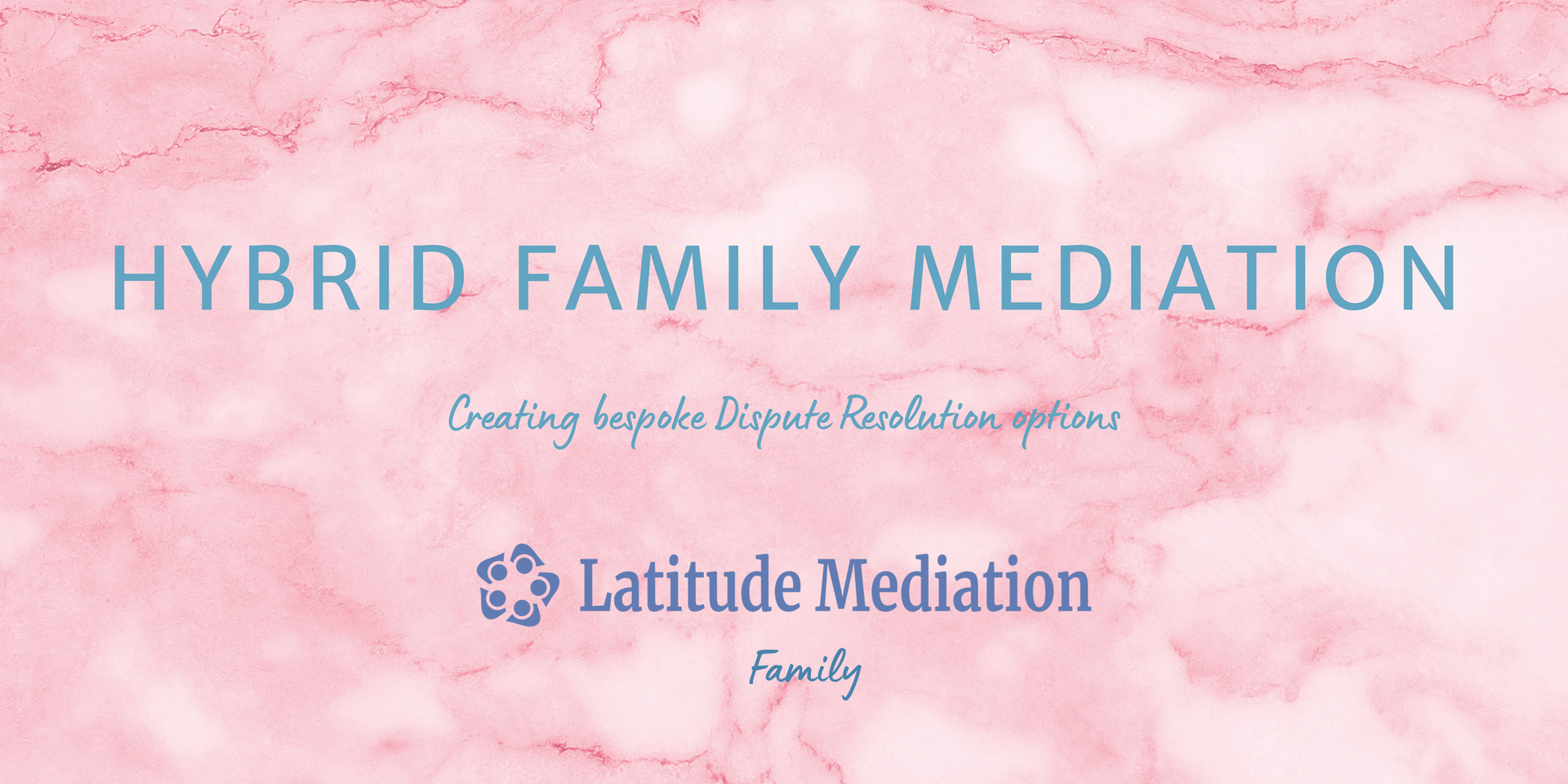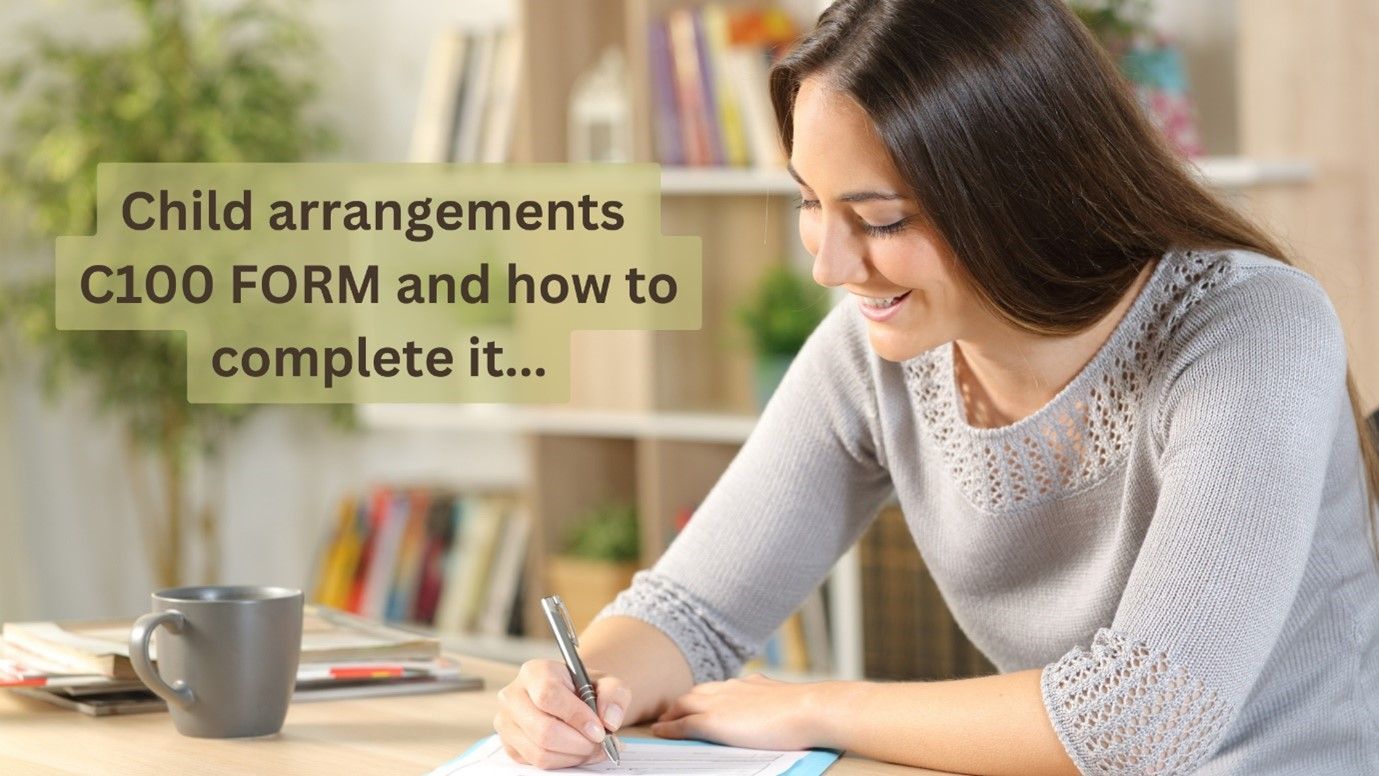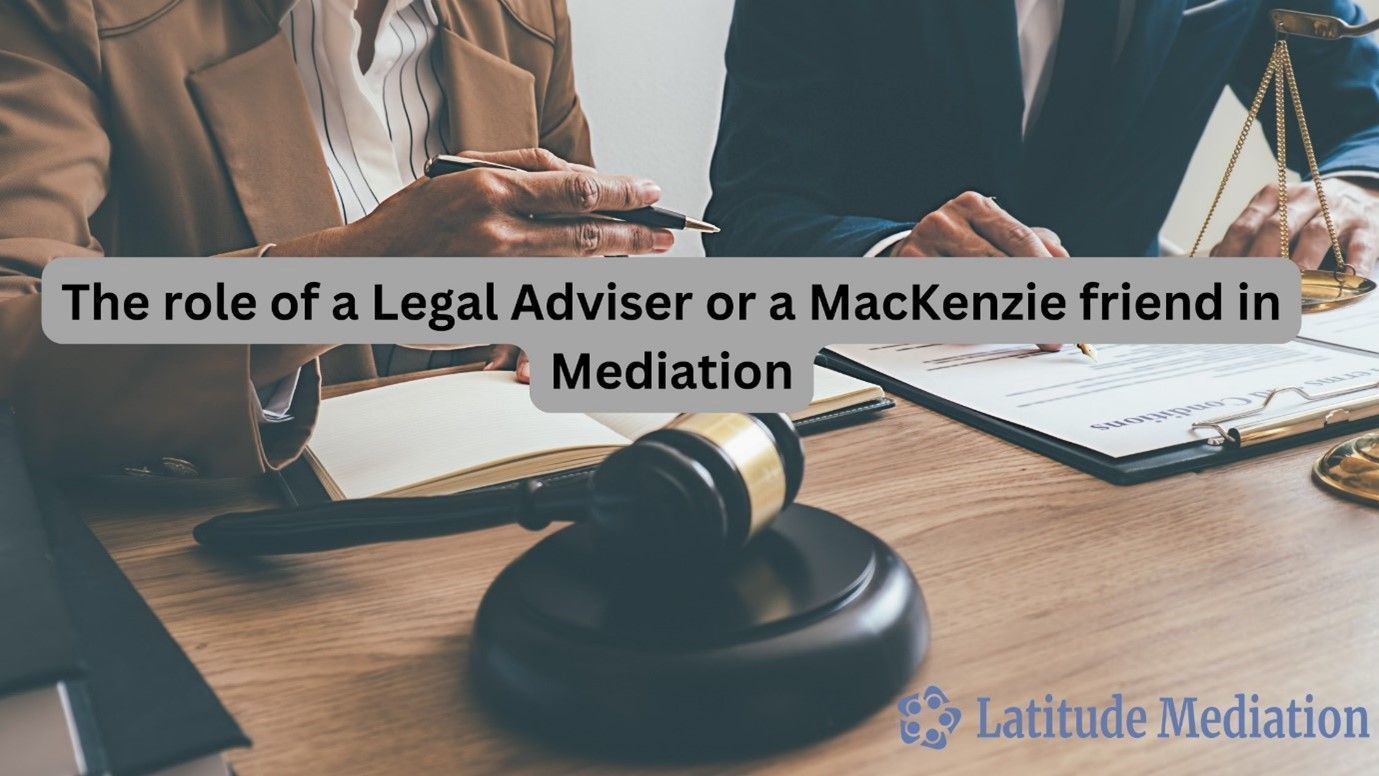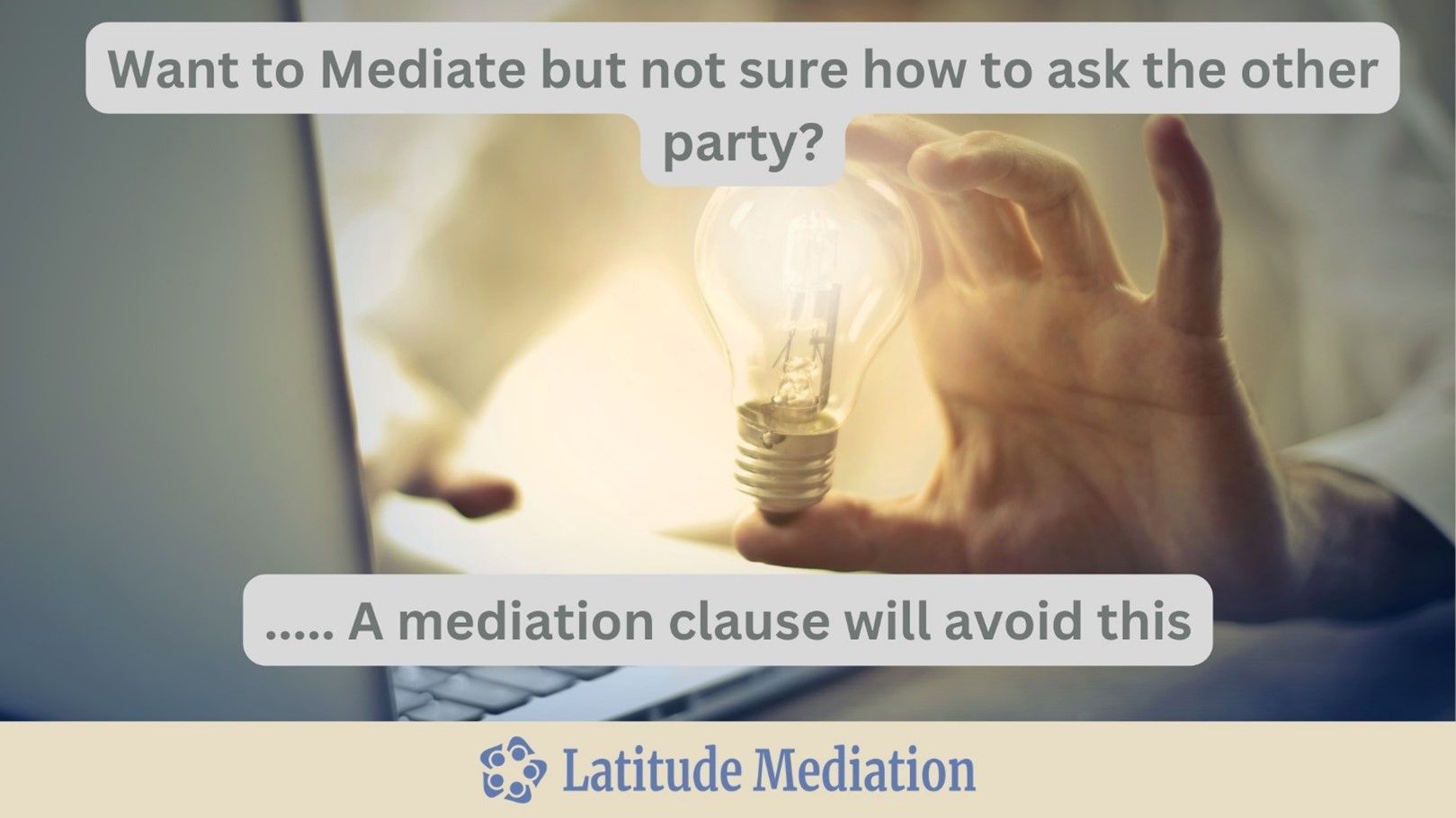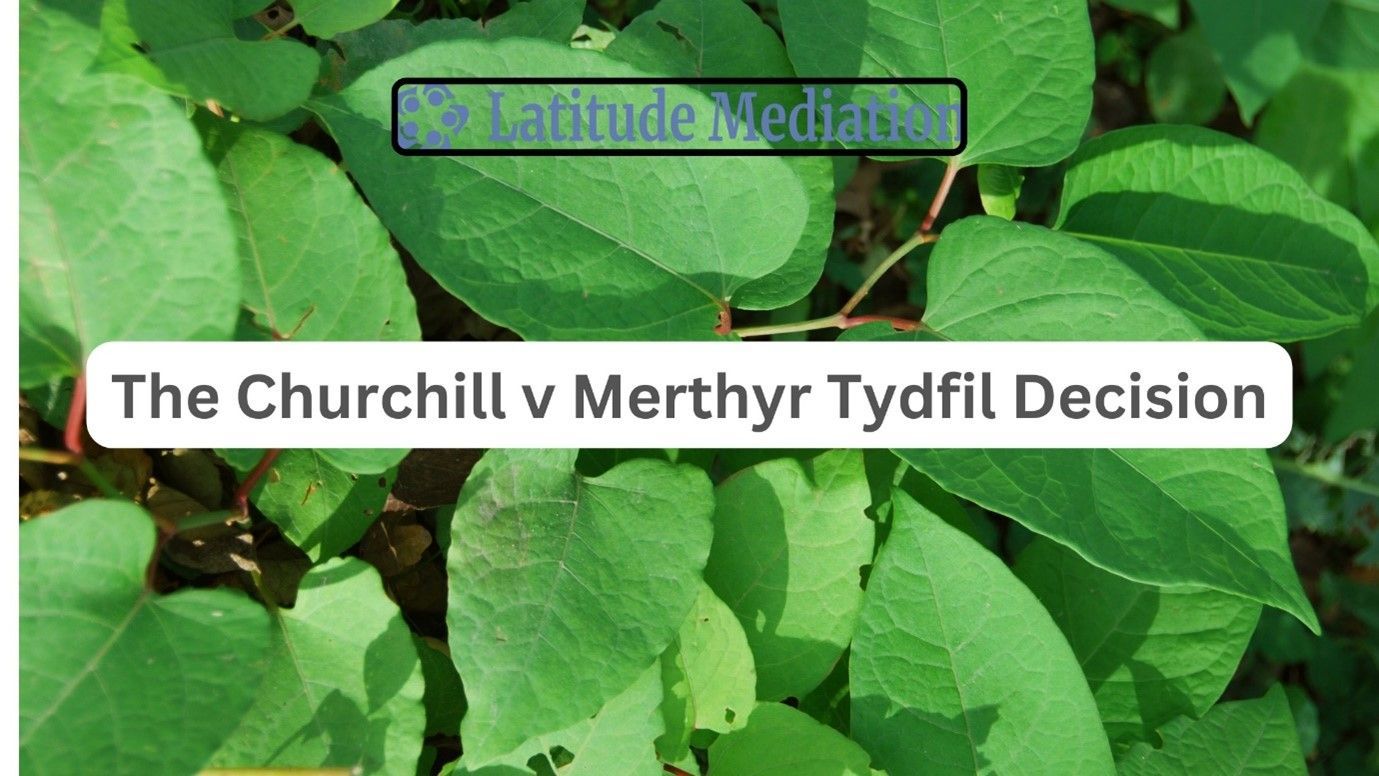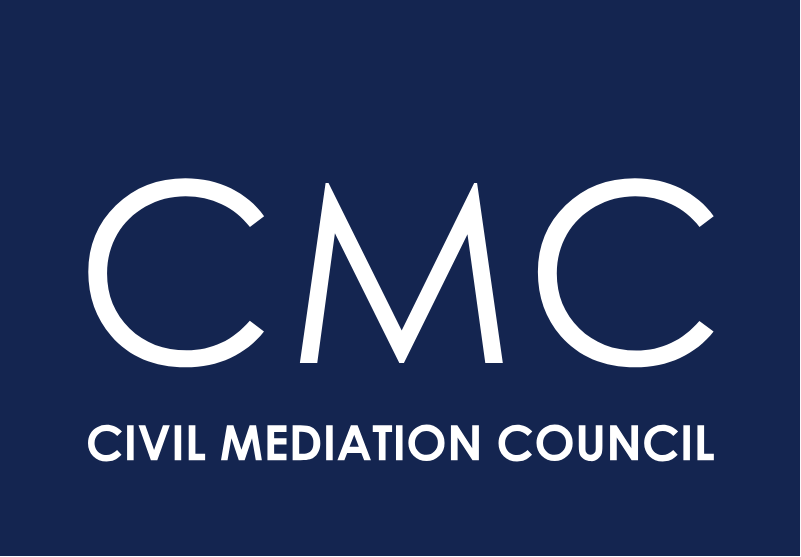Navigating dispute resolution in the UK: The difference between Arbitration and Mediation
Dispute resolution without the adversarial and time-consuming nature of traditional litigation is a crucial aspect of modern legal practice. In the United Kingdom, two primary alternative dispute resolution methods, arbitration and mediation, offer distinct pathways to resolution. This blog aims to highlight differences between arbitration and mediation in the UK, providing individuals and businesses with insights into choosing the most suitable approach for their specific needs.
Arbitration: A Structured Adversarial Process
1. Decision-Maker: Arbitration involves the appointment of a neutral third party, the arbitrator, who acts as the decision-maker in the dispute. This individual is often an experienced legal professional with expertise in the relevant field.
2. Adversarial Nature: Similar to traditional litigation, arbitration is an adversarial process where each party presents evidence, calls witnesses, and makes arguments to support their case. The arbitrator evaluates the presented information before rendering a final, binding decision.
3. Formality and Legal Standards: Arbitration proceedings in the UK follow a more formal structure compared to mediation. The process adheres to legal standards, and the arbitrator's decision carries the weight of a legally binding agreement, enforceable in courts.
4. Finality of Decision: One distinctive feature of arbitration is the finality of the decision. Once the arbitrator issues a decision, it is binding on the parties involved and can be enforced in a manner similar to a court judgment.
Mediation: A Facilitated Collaborative Process
1. Facilitator Role: In mediation, a neutral third party, known as the mediator, facilitates discussions between the parties. Unlike arbitration, the mediator does not make binding decisions but instead guides the process towards a mutually agreeable resolution.
2. Collaborative Nature: Mediation is inherently collaborative and non-adversarial. Parties work together, with the assistance of the mediator, to explore solutions, discuss concerns, and reach an agreement that satisfies both participants.
3. Informality and Flexibility: Mediation is a more informal and flexible process compared to arbitration. The focus is on open communication and finding common ground rather than strictly adhering to legal procedures.
4. Voluntary Agreements: The mediator's role is to facilitate communication and guide the parties towards a resolution, but any agreement reached is voluntary. Parties are not bound by a mediator's decision, and the outcome relies on participants coming to the process in good faith, and mutual consent.
Choosing Between Arbitration and Mediation:
1. Complexity of the Dispute: Arbitration is often preferred for complex legal matters where a binding decision is necessary. Mediation, on the other hand, is suitable for disputes that may benefit from open communication and collaboration.
2. Need for Legal Enforcement: If a legally enforceable decision is crucial, arbitration is the preferred choice.
3. Preserving Relationships (Business, personal or workplace): Mediation is particularly beneficial when preserving relationships is a priority. The collaborative nature of mediation fosters an environment conducive to maintaining ongoing connections.
4. Time and Cost Considerations: Arbitration and mediation can differ in terms of time and cost. Arbitration is likely to be more time-consuming and expensive due to its formal structure. Mediation offers a quicker and more cost-effective resolution.
5. Mental Health: Mediation is particularly beneficial if participants are likely to find formal or lengthy proceedings difficult (see our blogs on mental health).
Do you need to choose Mediation or Arbitration- Is Med-Arb – the future for disputes?
Med-arb is a combined two-stage alternative dispute resolution (ADR) method. Typically, it entails parties granting a mediator the authority to transition seamlessly into an arbitrator role and issue a legally enforceable arbitral decision if mediation fails to resolve the dispute. Alternatively, as many mediators do not arbitrate, participants may wish to utilise a pre-agreed arbitrator to assist in their dispute in the event mediation does not fully resolve their dispute.
Arbitration and mediation in the UK serve as powerful tools for dispute resolution, each with its unique strengths. The choice between the two depends on the specific needs of the parties involved, the nature of the dispute, and the desired outcome. Understanding the distinctions between arbitration and mediation empowers individuals (and businesses) to navigate the complexities of dispute resolution effectively, choosing the approach that aligns with their goals and priorities.
If in doubt, we encourage participants to start with mediation (which will usually be quicker and more cost effective than other channels) which will enable participants to see if it is possible to resolve their dispute partially/ fully. If a full settlement is not possible, participants could then consider arbitrator to help with any outstanding issues. As usual, we encourage participants to seek independent legal advice whichever process they choose.
At Latitude we are delighted to work with Kristina Hopper – our trained Mediator/ Arbitrator. To find out more get in touch here.
To find out more about how Latitude Mediation can support you get in touch here or email info@latitudemediation.co.uk.

